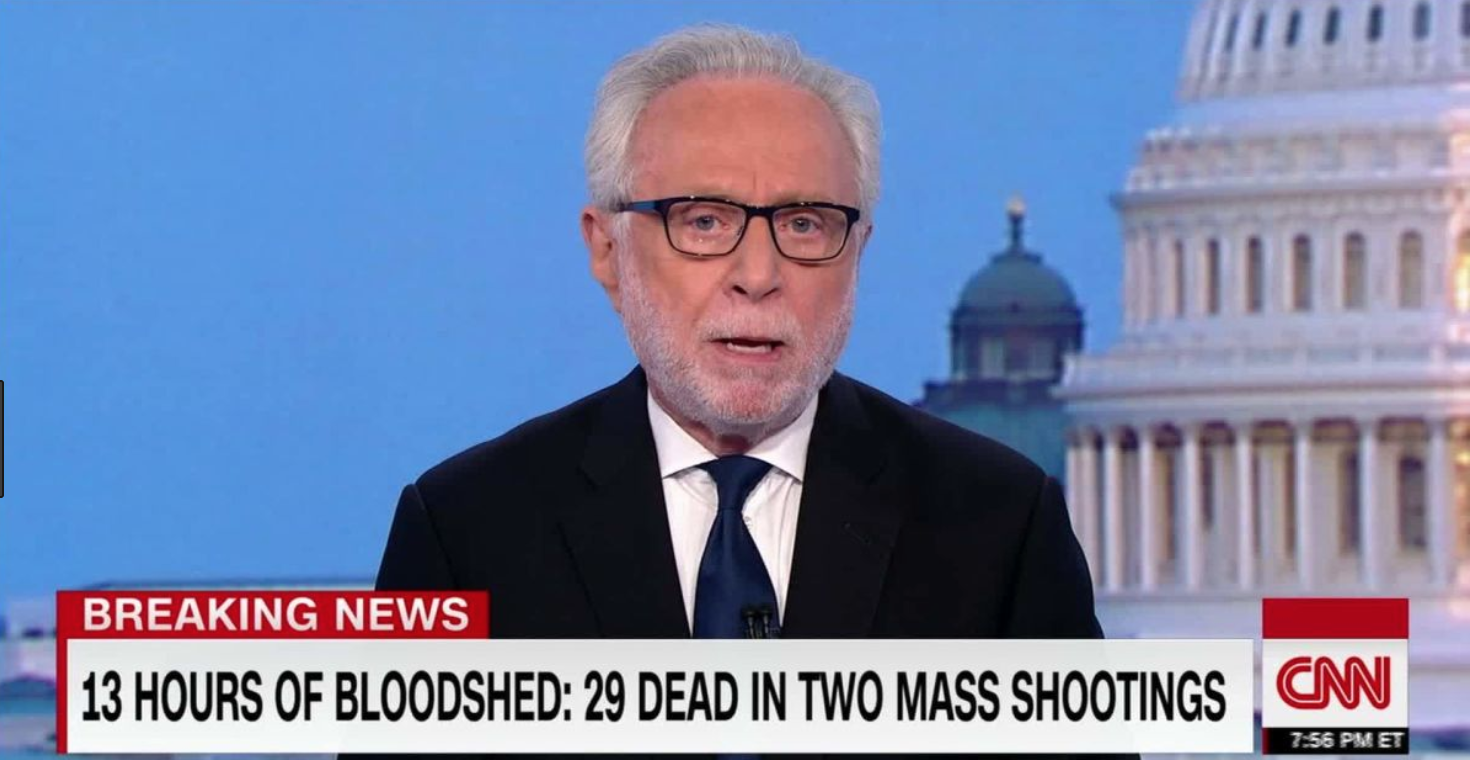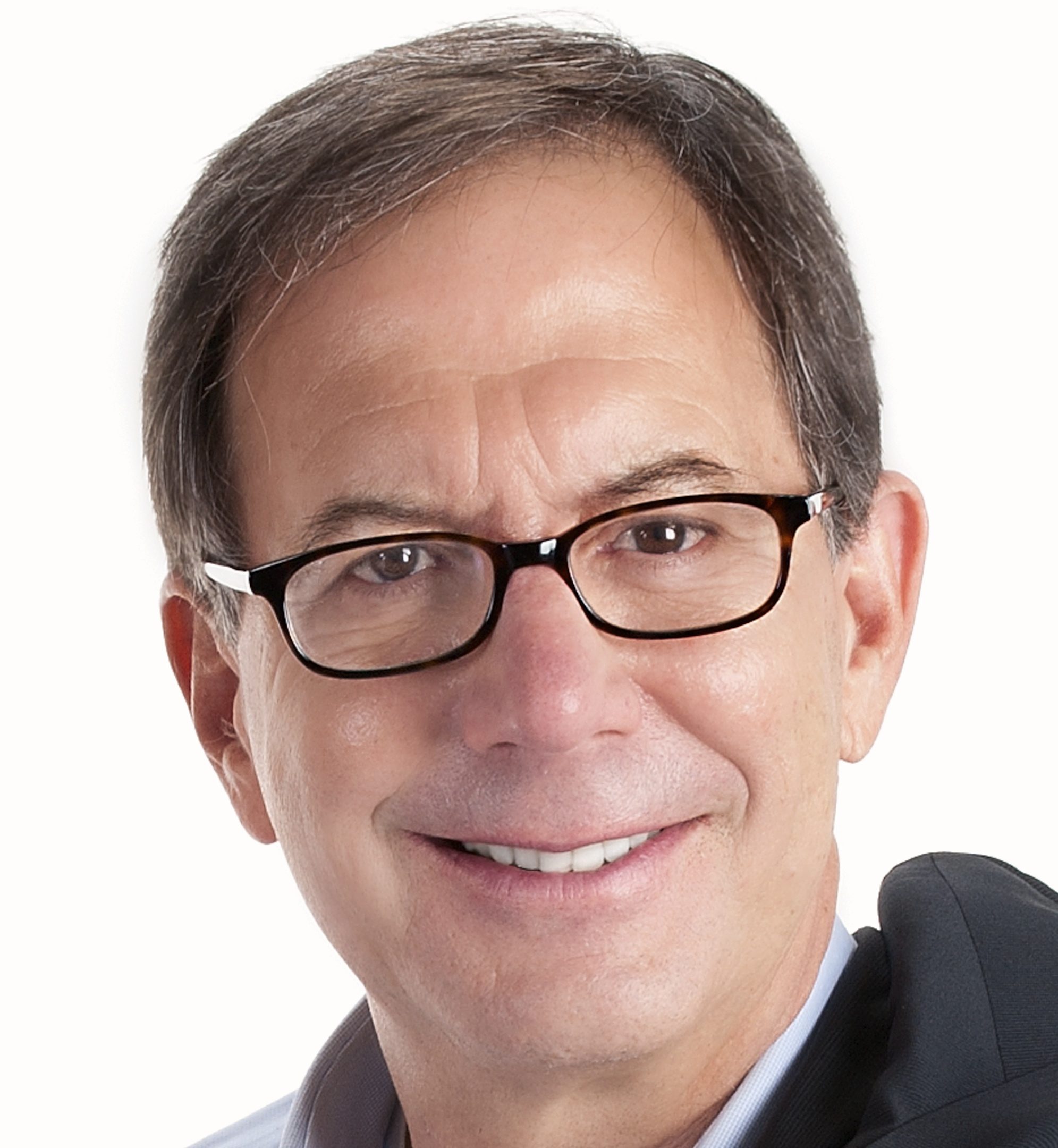
Like the acorn, is it possible that hatred doesn’t fall far from the tree?
What the meaning of the acorn version above (which apparently may have been preceded by an “apple” version) means is that children often possess similar traits and attributes from their parents.
Here is the theory.
It is probable that every human being experiences frustration when something doesn’t turn out the way they expect or were counting on. Frustration is a very mercurial emotion. It doesn’t usually stay as frustration.
Instead it will usually turn into anger and be expressed verbally or physically, but more often, people put a lid on it and suppress it, before it turns into angry words or actions. That is not because people are naturally trying to exercise self-restraint out of the decency of their hearts. It’s because when they have expressed that frustration as angry words or actions, they got into trouble and were punished.
The more frustrated we are and the more we exercise great effort to keep from angrily acting on it by suppressing it, the more exhausting that becomes. Over time, without an outlet for our anger and with our efforts to suppress it at our limit, our mind represses the anger. And the more anger that we repress the more it can grow into repressed hatred.
At this juncture, it might be helpful to use an AI analogy, where efforts to suppress anger are like working memory or RAM (random access memory) and efforts to then repress it are like a hard drive memory.
Just like our computer hard drive memory requires less energy than RAM, but can become infected by a virus which can destroy a computer, too much repressed anger will often express itself as symptoms such as overeating, excessive drinking, excessive sexuality and use of prostitution and pornography, etc. which can become addictions that we can become powerless over and – as they say in 12 step programs – make our lives unmanageable and destroy them.
Is it possible that there is a hard-wired unconscious connection between the repressed, but not acted directly upon, anger which can reach a level of hatred (something that we can all own up to feeling occasionally towards our job, a family member, or even an intimate partner) in us as adults and the very malleable psyches of our young impressionable children?
Years ago, during my psychiatry training, one of our lecturers spoke of a study (and I would welcome assistance from any of you in finding it) that I believe took place in a child psychiatric clinic in Philadelphia that was still greatly influenced by psychoanalytic theory. And since psychoanalytic theory was often connect to dreamwork, the study inquired about the dreams from the parents of psychiatrically disturbed children being treated in the clinic and who were being treated with play therapy.
What they discovered is that on more than a few occasions the dreams of the parents, which had not been shared with their young children, were literally being acted out in the play therapy area. For example, if the parents were having dreams of planes crashing, their young child was crashing planes in the play area.
Extrapolating from this, is it possible that the psyches of mass shooters are acting out the repressed hatred from their parents?
One way to explore this would be to question the parents of mass shooters – or better yet, the parents of younger children who are having angry outbursts before it escalates to actual harm – about how deeply these parents are capable of feeling hatred towards people or situations.
Of course many such parents will often not want to own up to such feelings because of the guilt and shame it might trigger in them. If that is the case an indirect approach that might work is to ask the parents about their parents and if either their mother or father seemed capable or demonstrated fits of rage or worse. That is something that people have less hesitation to admit to.
If the parents of the at risk children we’re talking with admit that either or both of their parents did indeed have rageful tendencies, we could ask them, “Are those traits that you’re worried they may have passed along to you and that you do everything you can to keep from acting on them because they would mess up your life?”
If that elicits “yes” responses from the parents and if it is then plausible that their children are internalizing their repressed anger/hatred, might we make a case for educating people before they become parents on ways to deal with frustration and maybe get over their repressed hatred before it goes into their very young children only to percolate and end up in a hate crime later in that child’s life?
As I mentioned, this is just a theory and I would welcome thoughts and input and even better, ways to validate it so that we might help parents better deal with their repressed hatred to prevent children internalizing and who were not born to kill from growing up into adults who do.

